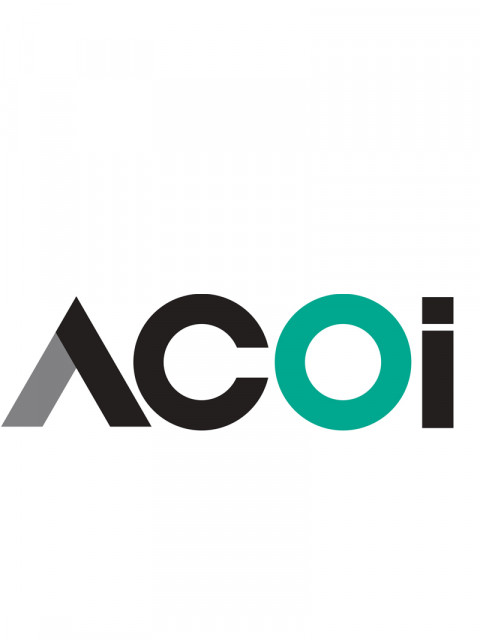Advocacy in August: Tell Congress to Stop Doc Payment Cuts
The 2025 Medicare Physician Fee Schedule (PFS) Proposed Rule released in July confirms a 2.8 percent cut to the Medicare physician fee schedule conversion factor next year — the fifth straight year the conversion factor is set to decrease — unless Congress intervenes with passage of critical legislation.
This cut is largely the result of the expiration at the end of 2024 of a 2.93 percent temporary update to the conversion factor provided by Congress and a 0 percent baseline update for 2025 under the Medicare Access and CHIP Reauthorization Act (MACRA). These cuts coincide with ongoing growth in the cost of practicing medicine as the Centers for Medicare and Medicaid Services projects the increase in the Medicare Economic Index (MEI) for 2025 will be 3.6 percent.
Congressional committees have started conversations on reforming MACRA. In June, ACOI responded to a white paper issued by the Senate Finance Committee on Medicare physician payment. In its letter, ACOI called on Congress to enact this year critical reforms to the physician payment system, including enacting an annual, permanent inflationary payment update in Medicare that is tied to the MEI. Lawmakers need to feel compelled to continue these negotiations in earnest given the cuts in the latest proposed rule.
Congress plans to be in session less than six weeks between now and the end of the year, leaving little time to reach agreement on a number of outstanding legislative items, including the impending payment cuts. Now is the time for physicians to make their voices heard. ACOI members are encouraged to capitalize on opportunities for informal interactions with lawmakers while they are traveling in August throughout their states and districts.
ACOI members can also quickly and easily send an email to their members of Congress through the ACOI Action Center.
Congress Eyes Expansion of Telehealth Flexibilities
Congressional interest continues in extending telehealth flexibilities for two years beyond their current December 31, 2024, expiration. In May, the House Ways and Means Committee passed H.R. 8261 which extends certain telehealth flexibilities such as those relating to geographic requirements, originating sites, and use of audio-only telehealth services. Also in May, the House Energy and Commerce Health Subcommittee passed similar legislation, but the bill was dropped from full Committee consideration over disagreements about how to fully pay for a telehealth package. In a June letter to the Senate Finance Committee, ACOI encouraged Congress to extend the COVID-era telehealth flexibilities.


